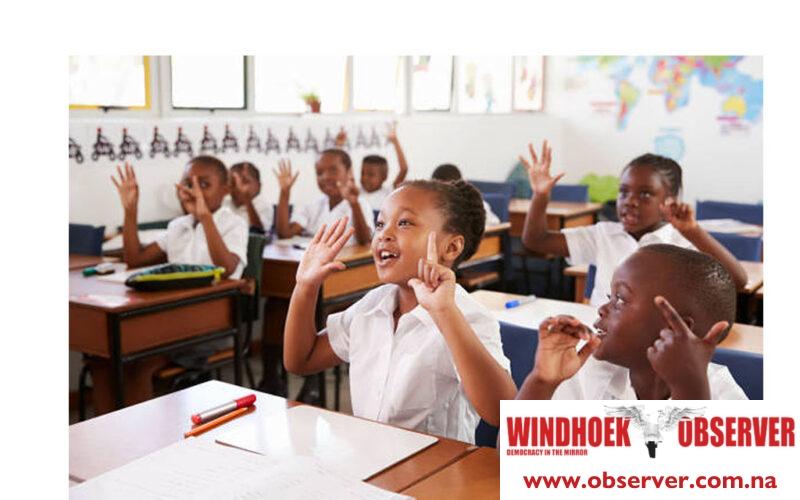Niël Terblanché
Namibia stands at a critical juncture and actions taken to improve the education standard could very well shape the future of many young people and at the same ensure that every learner has the opportunity to succeed and thrive in a rapidly evolving global landscape.
The Standing Committee on Education, Science, ICT, and Youth Development presented a comprehensive report to the National Council, shedding light on the pressing issue of the high failure rates among learners at the Namibia Senior Secondary Certificate Ordinary (NSSCO) and Advance Subsidiary (NSSCAS) levels for the year 2022 in an effort to improve education standards in the country.
The report, presented during the 11th session of the sixth National Council is the culmination of a meticulous investigation spanning selected regions across Namibia.
The investigation focused on identifying the root causes of the dismal performance of Grade 11 and 12 learners, with phases covering regions from Kunene to Khomas between July and September 2023.
The Committee’s findings are viewed as an urgent call for a transformative shift in Namibia’s education system.
The recommendations in the report advocate for a learner-centred approach, urging the Ministry of Education, Arts and Culture to embrace and integrate Information and Communication Technologies (ICTs) into the educational fabric of the country.
According to the report, this includes proposals such as the provision of tablets to replace traditional textbooks and the innovative use of cell phones for educational purposes.
A significant aspect of the report highlights the need for strengthened cooperation among key stakeholders, including governmental bodies like the Ministry of Information, Communication and Technology, and the Ministry of Health and Social Services, among others.
Such a collaboration is aimed at addressing educational challenges through a unified strategy, emphasizing regular meetings and reviews.
The compilers of the report drew inspiration from Finland, renowned for its educational excellence.
The report suggests Namibia should leverage its bilateral cooperation agreements with the Nordic country.
Emulating Finland’s commitment to Universal Primary Education, the report suggests, could significantly elevate the standard of education in Namibia.
The Standing Committee also recommends a revision of the automatic transfer policy for learners, advocating for a merit-based progression system that aligns more closely with the learners’ academic abilities.
Acknowledgements within the report extend to a wide array of stakeholders, including the Ministry of Education, Arts and Culture, school boards, learners, parents, institutions of higher learning, and civil society organizations.
Special recognition is given to Dr Bonadei Thekwane and the Enhancing Participatory Democracy Project in Namibia (EPDN) for their invaluable support and guidance throughout the investigation.
This report represents a crucial step towards addressing the educational challenges facing Namibia.
It calls for a collective effort from all sectors of society to implement the recommended changes, with a vision of fostering a more inclusive, equitable, and high-quality education system for all Namibian learners.




